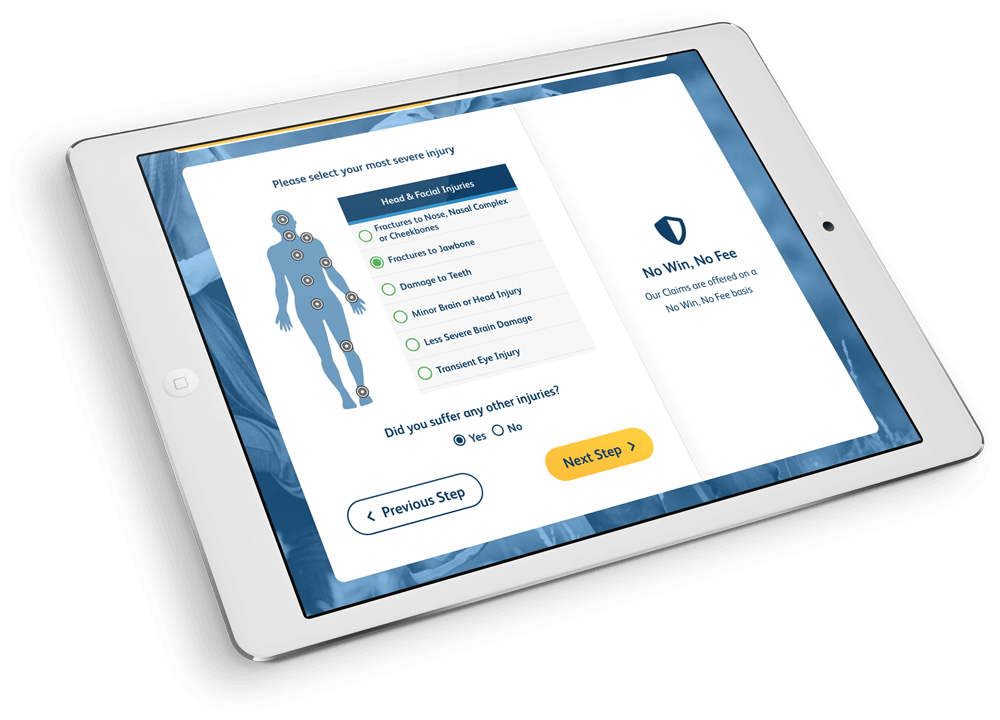Secret Report Identifies Failures at NHS Trust
A covert review into North Manchester General Hospital and the Royal Oldham Hospital has identified a number of serious failings. It has been reported that numerous clinical errors, a shortage of staff and a lack of compassion from workers has contributed to the deaths of numerous mothers and infants over a five year period.
Penine Acute Hospital Trust
The originally internal review, which came to light after a freedom of information request by the Manchester Evening News (MEN), was carried out by Deborah Carter. Miss Carter is the new maternity director at Pennine Acute Hospitals NHS Trust, which is responsible for the running of both hospitals in question.
Between 2010 and 2015, Pennine Acute Hospital NHS trust received more legal claims and paid out more in damages than any other. Almost half of the claims, which totalled more than £25 million, related clinical errors involving mothers and babies.
The MEN also reported that initially the trust attempted to conceal the report, at one point claiming it did not even exist.
Series of avoidable deaths and long-term injuries
The document outlines a series of avoidable deaths and long-term injuries, caused by failures over a lengthy period, including that of a woman who died of a catastrophic haemorrhage after staff mistook her symptoms for mental illness.
According to the report, long-term clinical errors led to “high levels of harm for babies in particular” and constant repeated warnings over time had not resulted in improvements.
Other incidents detailed in the report include a premature baby that was left to die alone in a sluice room – where used disposables such as incontinence pads and bed pans are dealt with, and reusable products are cleaned and disinfected – and a baby who lost its life after staff failed to recognise its mother’s rare blood type.
Poor decision making
The review states that “clear evidence of poor decision-making which has resulted in significant harm to women” as well as “real issues” on maternity wards resulting in “high levels of harm for babies in particular, which has significant life-long impact”.
According to the document a number of deaths were related a shortage in hospital staff, as well as the lack of compassion and bad attitudes amongst those who work at the trust. “Worrying repetitive themes” across maternity units, such as poor documentation, failures to monitor basic vital signs, critical information left off patient records and lab results left unchecked, were also prominent in the report.
Recurrent safety breaches, a “rigid mind-set” among staff who tended to view patients’ conditions as “uncomplicated” and little performance monitoring of the high numbers of agency staff on the trust’s books were also identified.
Improvements
This week the trust confirmed that steps – such as the recruitment of more staff – are being taken to improve patient care and avoid clinical errors.
Medical director at Pennine, Professor Matthew Makin, said:
“The priority is for all of the trust’s services to meet the high standards that patients expect and deserve. We are steadily making the necessary improvements so that patients can receive reliable, high quality care across all of our services.
“In addition to the appointment of a new head of midwifery, 31 new midwives started … across our two maternity units at north Manchester and Oldham last month.
“In addition to 58 new midwives joining us since April, the new management team is being supported by Central Manchester NHS foundation trust, who are providing supplementary clinical leadership support in order to stabilise and strengthen services on the north Manchester site.
“We have fully reviewed our risk and governance arrangements including learning from incidents and complaints, and are making progress in improving the way we listen and involve our staff to address the longstanding problems and challenges facing our teams.”
Medical negligence claims – expert advice
Medical negligence compensation may be available where the service provided by a medical professional falls below the accepted standards of practice. If you believe that you have been affected by medical negligence, speak to our expert team of personal injury solicitors today. Remember, we offer you a FREE no-obligation consultation. Call 0800 888 6 888 or email .
Source: BBC News; The Guardian





